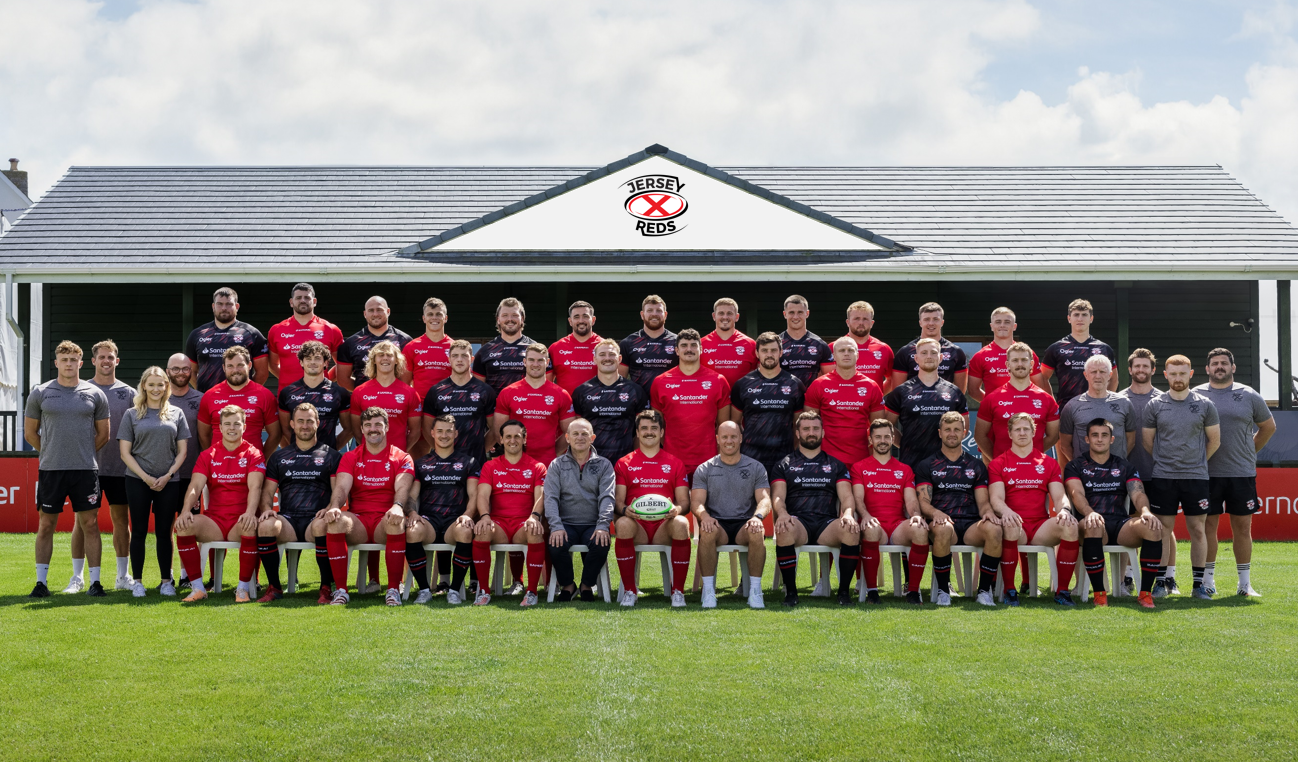

Jersey Reds regret to confirm that the club ceased trading at 5.30pm on Wednesday September 27th and is exploring the way forward. However, liquidation appears inevitable unless a solution can be found in the very short term.
The professional side made the move amid a continuing backdrop of uncertainty about the future of English rugby’s second tier, having competed in the RFU Championship for the past 11 years and won the league last season.
The decision came with an admission that the club would be unable to pay September salaries due this week, and would not be travelling to south-west England to fulfil the scheduled Friday night cup fixture against Cornish Pirates.
Reds Chairman Mark Morgan said he was devastated that the move had to be made, but that it had become clear on Wednesday that there was no alternative.
“We had been able to start the season and maintain sufficient funds to cover the summer, but regret that our conversations with potential new investors as well as existing ones have been unsuccessful,” he said. “At one stage at the end of last season it appeared there was a viable way forward for the second tier once the new Professional Game Agreement was implemented from summer 2024, but Championship clubs have been left in the dark since that point and this led to a growing fatigue among those who may have invested, but could not be given any concrete assurance about when the new structure would come in, or how it would be funded.”
Tier two clubs have faced mounting financial challenges since the RFU first advised of major funding cuts in early 2020, prior to the onset of Covid-19. The pandemic then brought further cuts, with the challenging landscape for Championship clubs now having lasted for almost four years.
Mr Morgan said this week’s developments vindicated the 2022 move, supported by club members at an Extraordinary General Meeting, to separate the professional arm of the club from the amateur Jersey Rugby Football Club in order to safeguard the future of amateur rugby in Jersey.
The financial difficulties resulted in an even more difficult situation than the position encountered in November 2016, when cumulative losses made it necessary to raise £1.5million through a sale-and-leaseback agreement covering the club’s assets.
Other details covering the implications of this news have yet to be finalised, but are expected to emerge in the coming days and weeks.
Mr Morgan said he very much regretted the impact that would be felt by many people as a result of the move.
“There are a large number of players, coaches and other members of staff who have made huge contributions to the club in recent seasons, and we regret that the massive effect this will have on all of them – it’s a very sad day,” he said.



























